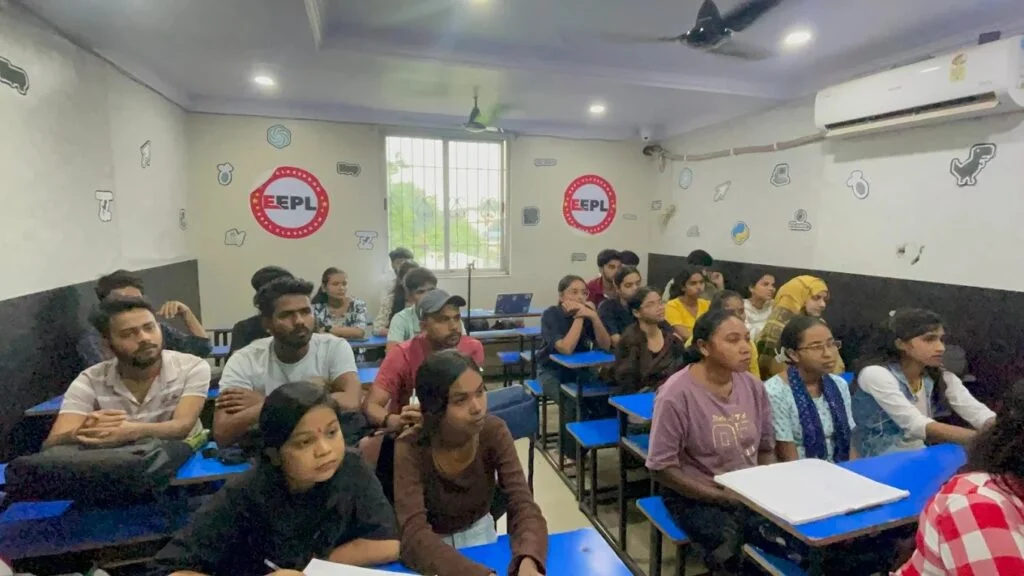Understanding the Importance of Time Management
Effective time management is a critical component of successful exam preparation, particularly in the days leading up to board exams. During this crucial period, students often face immense pressure to assimilate vast amounts of information quickly. The ability to organize time not only reduces stress but also enhances overall performance, making it imperative for students to adopt sound time management strategies.
Creating a comprehensive study schedule is one of the most effective ways to manage time. This schedule should clearly outline the subjects to be studied, allocating specific time slots for each. It is essential to prioritize these subjects based on individual strengths and weaknesses, ensuring that more time is dedicated to areas that require additional focus. This targeted approach helps in maximizing study efficiency and effectiveness.
Moreover, a well-structured timetable should incorporate regular breaks to prevent burnout. Studies have shown that taking short breaks during study sessions can significantly improve concentration and retention of information. For instance, employing techniques such as the Pomodoro Technique, where students study for 25 minutes and take a 5-minute break, can foster better focus and productivity.
In addition to breaks, revising previously covered material should be an integral part of the timetable. Incorporating time for revision allows students to consolidate their understanding and reinforces their learning. A balanced study plan that includes both learning new content and reviewing prior knowledge creates a comprehensive preparation strategy that can lead to improved outcomes.
Ultimately, mastering time management in exam preparation not only equips students with the tools to navigate their studies successfully but also instills valuable life skills pertinent to both personal and professional development. By adopting these strategies and creating a realistic timetable, students can enhance their ability to perform well in board exams while maintaining a healthy study-life balance.
Effective Study Techniques for Quick Learning
In the face of looming board exams, students often find themselves searching for effective study techniques that can facilitate quicker absorption of information. Among the most impactful methods are active recall, spaced repetition, and the use of flashcards. These techniques have been widely acknowledged for their efficacy in enhancing memory retention and comprehension.
Active recall involves actively engaging with the material rather than passively reviewing it. This technique can be implemented by testing oneself on key concepts and definitions without looking at study materials. For instance, after reading a chapter, a student might close the book and recite the main ideas from memory. This process not only strengthens neural connections but also exposes areas requiring further review. Regularly practicing active recall helps to solidify knowledge, making it easier to retrieve during exams.
Spaced repetition is another potent technique that optimizes the brain’s ability to learn efficiently. This method relies on the scheduling of review sessions spaced out over time, allowing information to be retained in long-term memory. A student can create a study schedule that focuses on reviewing topics at increasing intervals, ensuring that previously learned material is revisited just before it is likely to be forgotten. Applications and tools that incorporate spaced repetition algorithms can significantly enhance this practice, adapting to individual learning patterns.
Flashcards represent a practical tool for summarizing information and practicing active recall. By creating flashcards with questions on one side and answers on the other, students can easily quiz themselves on essential facts and concepts. This simple yet effective approach allows students to commit content to memory rapidly, facilitating efficient last-minute preparations.
Implementing these study techniques—active recall, spaced repetition, and flashcards—can notably enhance a student’s ability to learn more in a limited time frame, maximizing their chances of achieving their desired scores on board exams.

Prioritizing Topics: What to Focus On
With board exams on the horizon, effective prioritization of topics is crucial for students aiming to maximize their scores. One of the most effective strategies is to review past exam papers, as they often reveal recurring themes and commonly tested concepts. By analyzing these papers, students can identify high-weightage topics, which should become the focal points of their study plan. This targeted approach allows students to allocate their limited time effectively, focusing on the areas that will yield the greatest return on their effort.
In addition to examining previous years’ exams, students should not hesitate to seek guidance from teachers and peers. Teachers possess valuable insight into crucial subjects and can often highlight key areas to prioritize based on curriculum expectations. Engaging in group study sessions with classmates can also facilitate valuable discussions about important themes, helping to consolidate knowledge and identify gaps in understanding.
When prioritizing topics, students should focus on high-weightage subjects rather than attempting to cover every aspect of the syllabus. It is essential to review summaries, concept maps, and key points, allowing for a more feasible memorization strategy. Instead of inundating themselves with the entirety of the curriculum, students are advised to familiarize themselves with core concepts and definitions, especially those that are frequently addressed in exams. This approach reduces the cognitive load while ensuring that essential information is internalized.
In summary, selecting and prioritizing key topics is a strategic move that can significantly influence results in board exams. By analyzing past papers, consulting educators, and honing in on high-weightage subjects, students can create an effective study plan that enhances their chances of success.
Maintaining a Positive Mindset and Health
The period leading up to board exams can often be a stressful time for students, making it essential to prioritize mental and physical well-being. A positive mindset plays a critical role in academic performance, enabling students to approach their studies with confidence and resilience. Incorporating techniques to foster a healthy mindset can significantly impact one’s ability to remain focused and motivated during this challenging time.
One effective method for managing stress is through deep breathing exercises. Taking a few minutes each day to practice controlled breathing can help calm the mind, reduce anxiety, and improve concentration. Students can implement a simple technique: inhale deeply for four counts, hold for four, and then exhale for four counts. This practice not only decreases stress levels but also creates a moment of pause amidst a hectic study schedule.
Moreover, regular breaks are crucial in maintaining productivity and preventing burnout. After studying for a set period, students should take short, relaxing breaks to allow their brains to recuperate. Activities like stretching, walking, or even a brief meditation session can rejuvenate the mind and enhance focus. By balancing study time with relaxation, students can better absorb information and stay engaged in their preparations.
Another vital aspect is maintaining a balanced diet and a consistent sleep routine. Proper nutrition fuels the brain, while adequate sleep enhances cognitive function. Students should aim for a diet rich in fruits, vegetables, whole grains, and lean proteins, along with adequate hydration. Moreover, establishing a regular sleep schedule helps ensure that the body and mind are well-rested, enabling optimal performance during study sessions and, ultimately, exams.
Conclusion
Incorporating positive affirmations into daily routines can also serve as a powerful motivator. Encouraging self-talk fosters a sense of confidence and reduces negative thoughts. By repeating positive statements such as, “I am capable and prepared,” students can reinforce their belief in their abilities and create a constructive mindset as they venture through their final preparations.
Read Our Latest Blog
Best Competitive Exams After Class 12 With Preparation Tips
Phone Number: +91-7488456170
Email ID: abhishek@eepl.me
Our Platforms:
Digilearn Cloud
EEPL Test
Live Emancipation
Follow Us on Social Media:
Instagram – EEPL Classroom
Facebook – EEPL Classroom
Stay connected and keep learning with EEPL Classroom !











